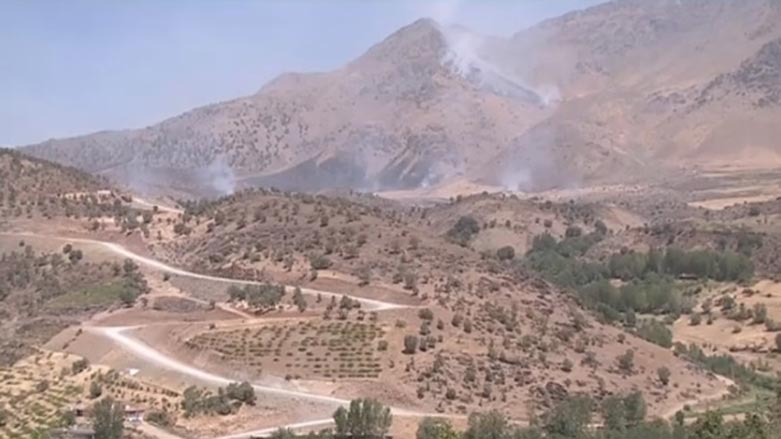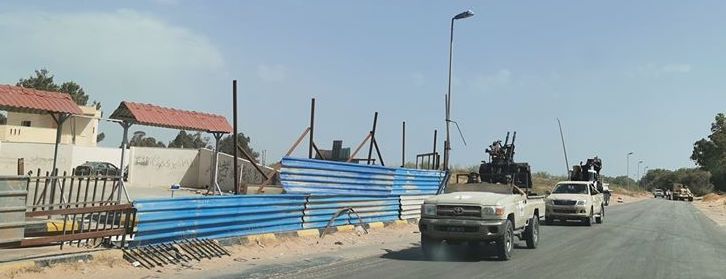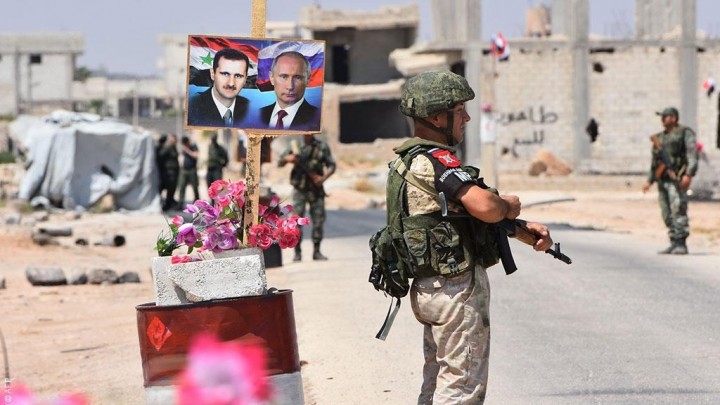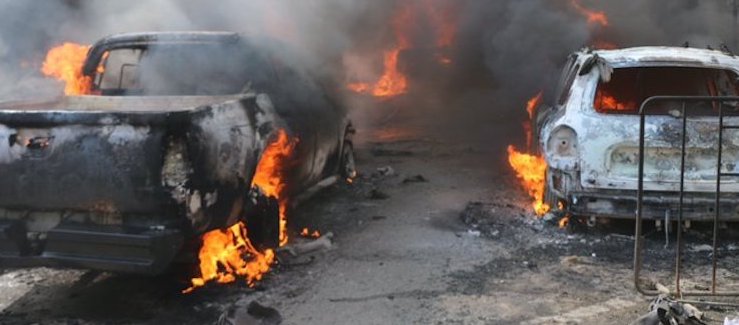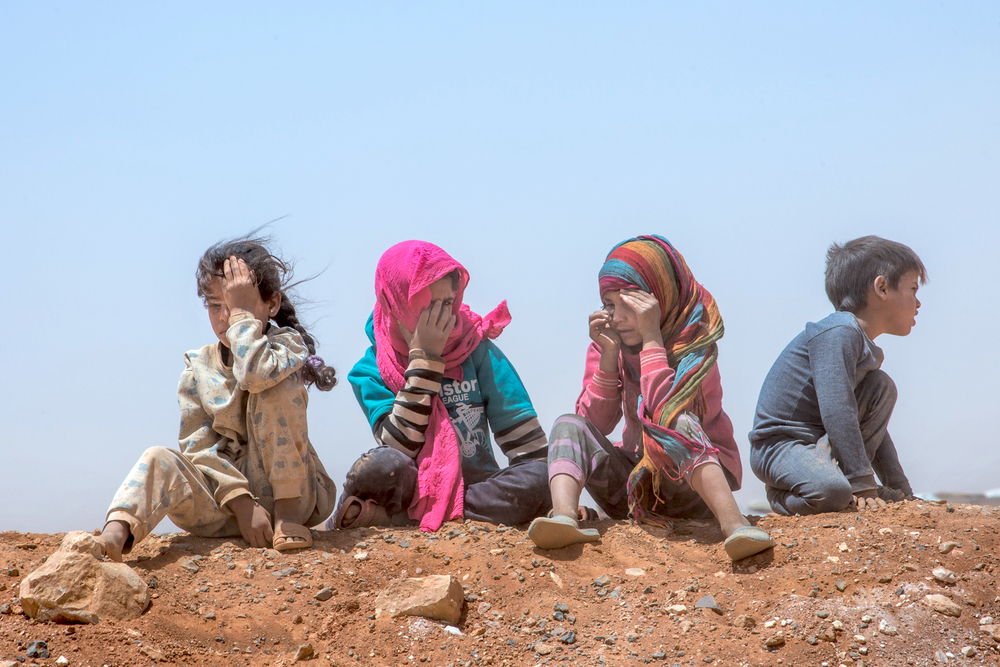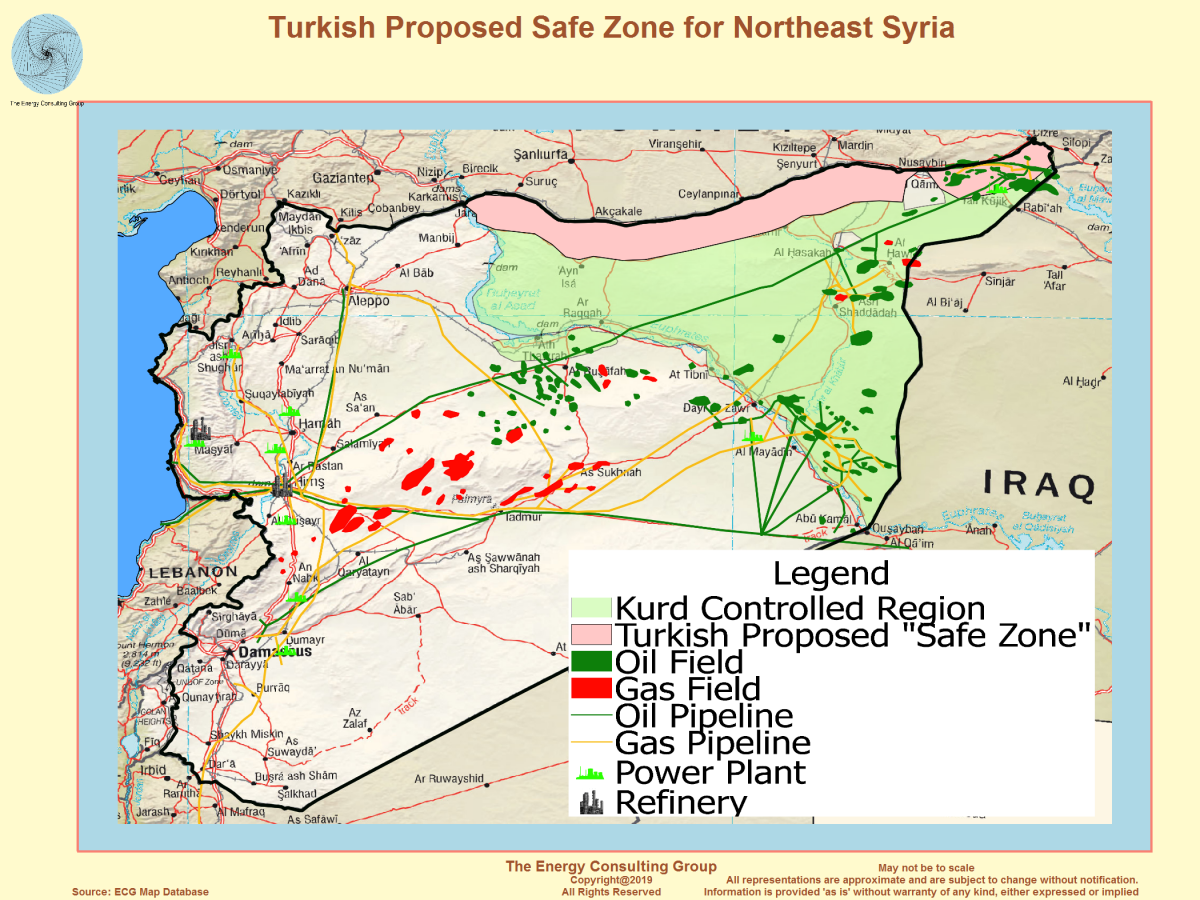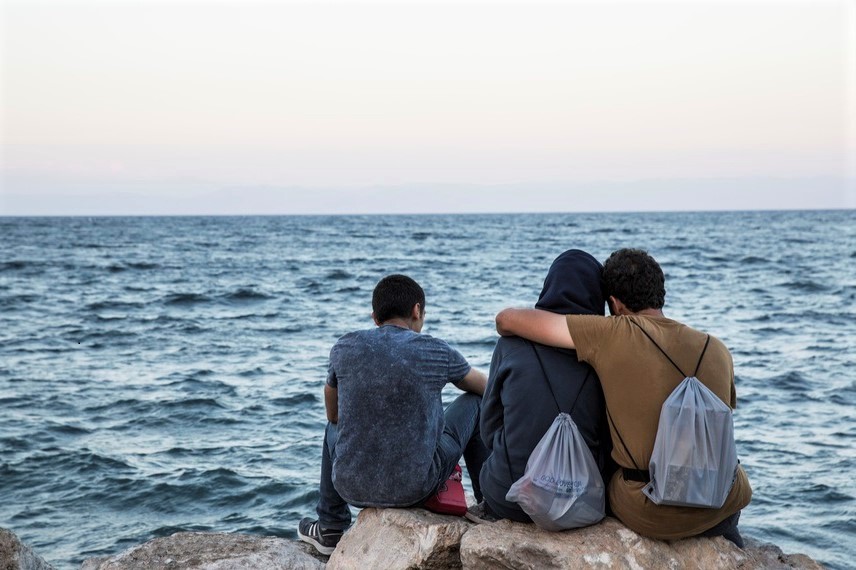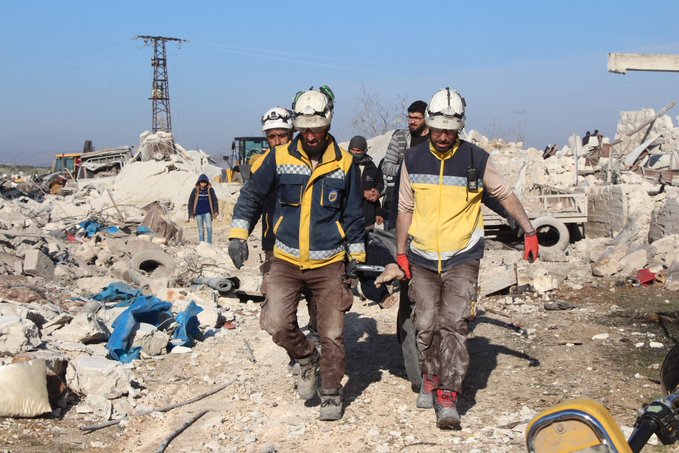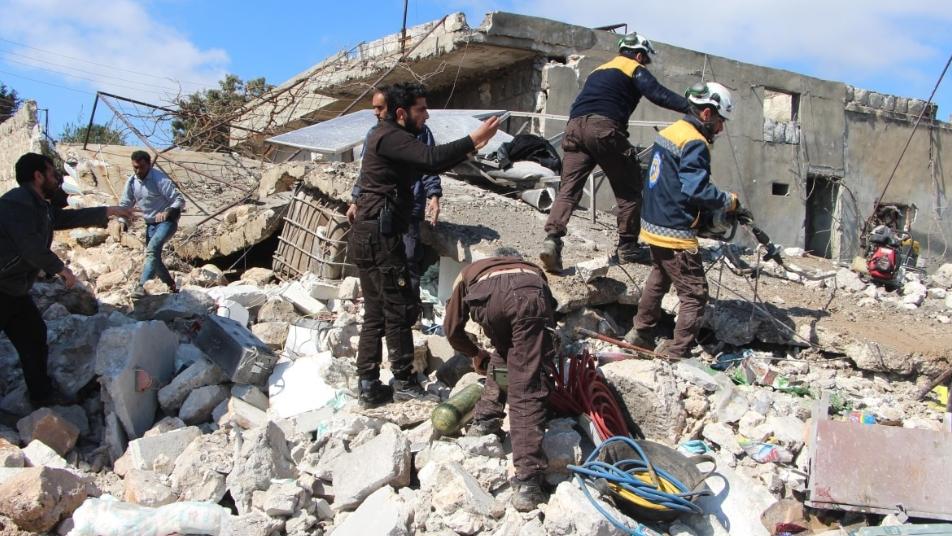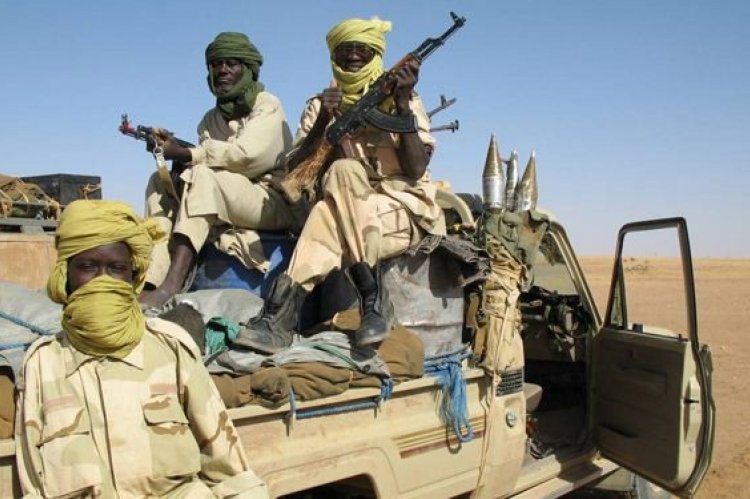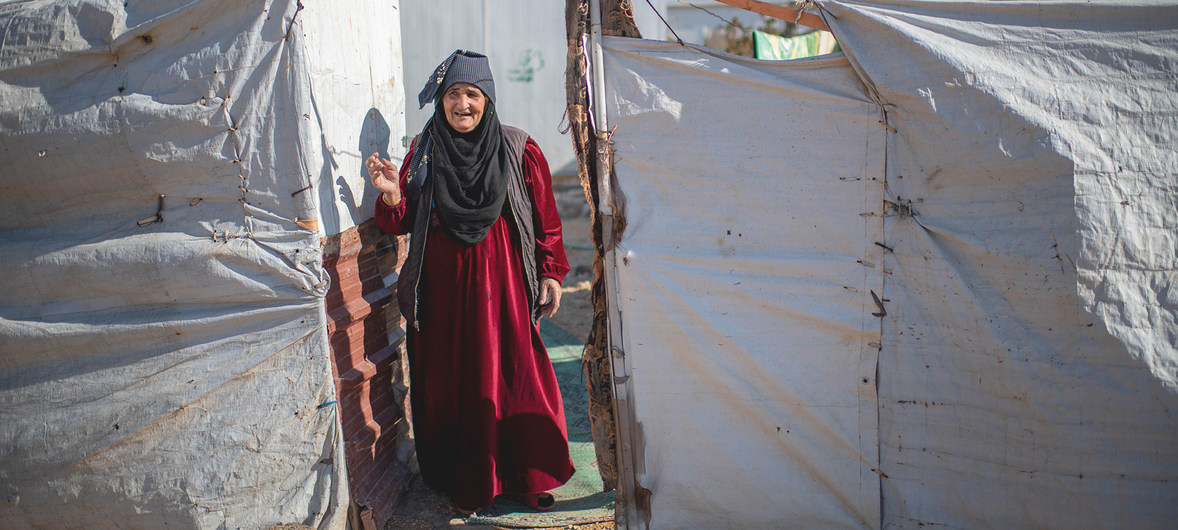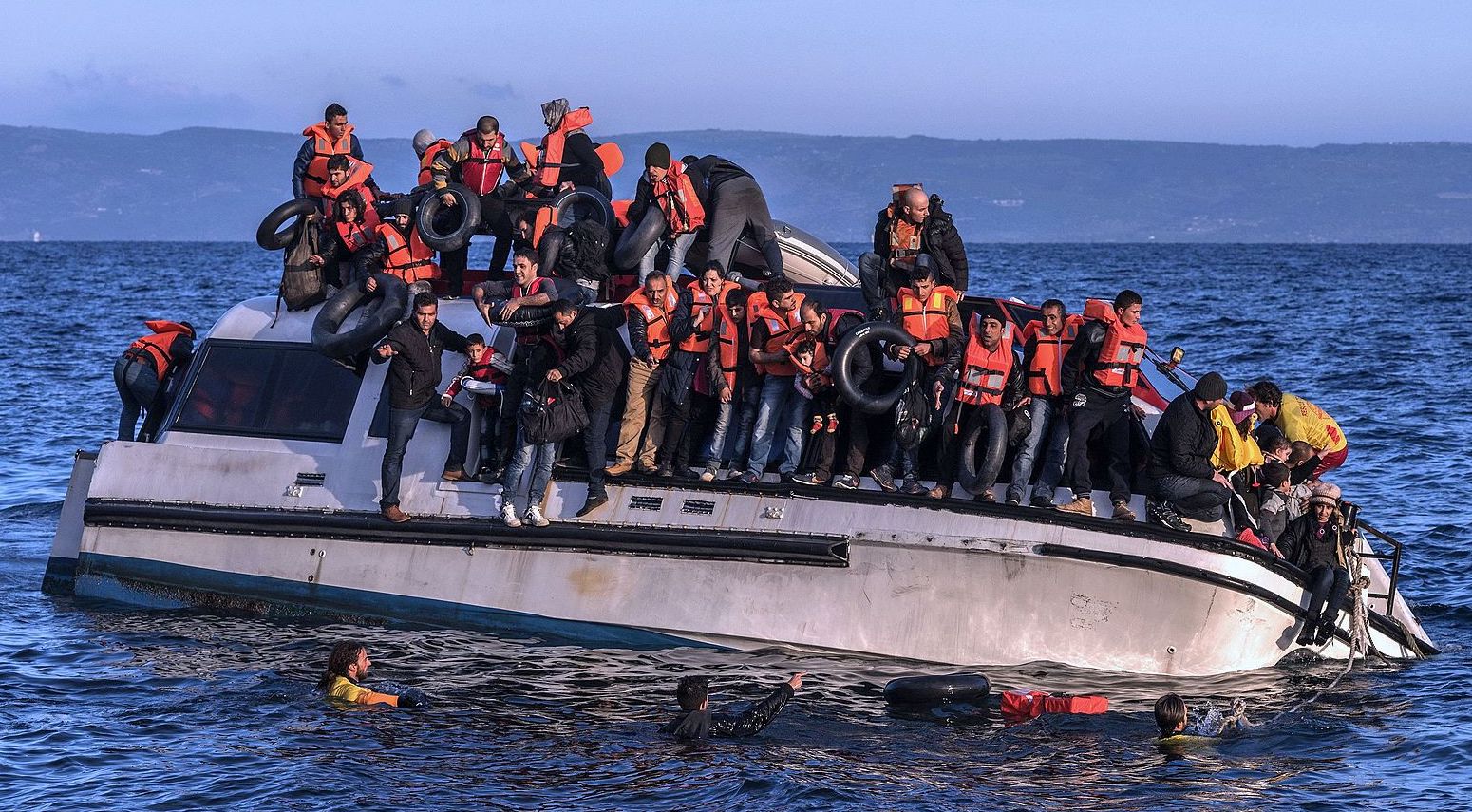
Greece: violent ‘pushbacks’ of asylum seekers
Documentation is mounting of Greek authorities carrying out violent “pushbacks” of asylum-seekers and migrants at the country’s land and sea borders with Turkey. The practice violatesEU and international law, but in the past four months rights groups and media have documented an uptick in its use at the Greece-Turkey land border. Monitors have also documented the abandonment of asylum-seekers in “floating tents” without any means of propulsion in the Aegean Sea, and masked men sabotaging boats carrying asylum-seekers. The UN Refugee Agency has urged Greece to investigate. (Photo: WikiMedia Commons)



